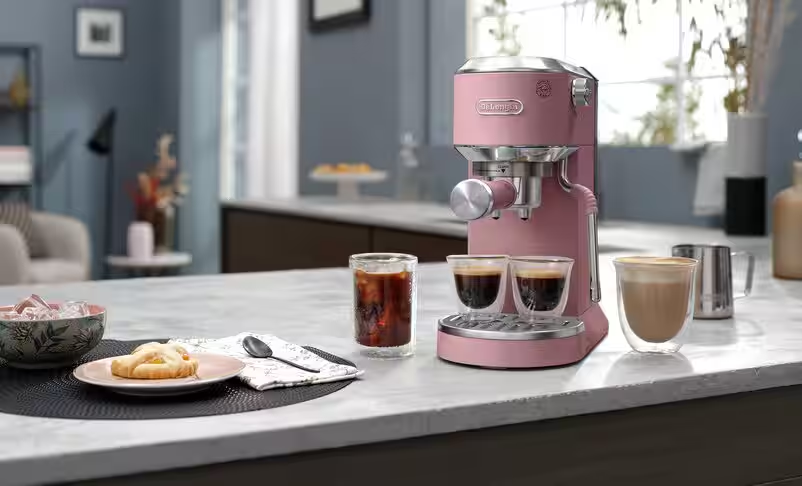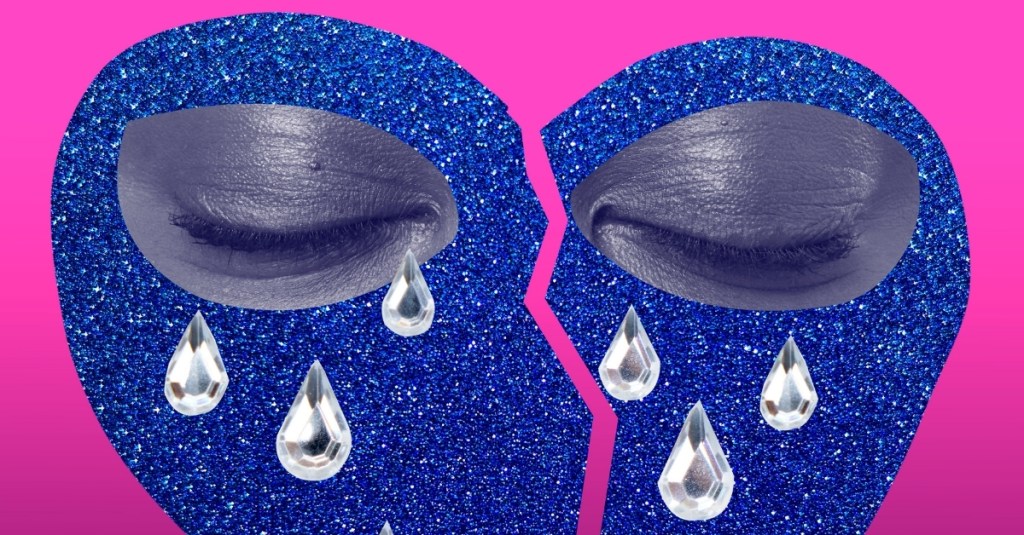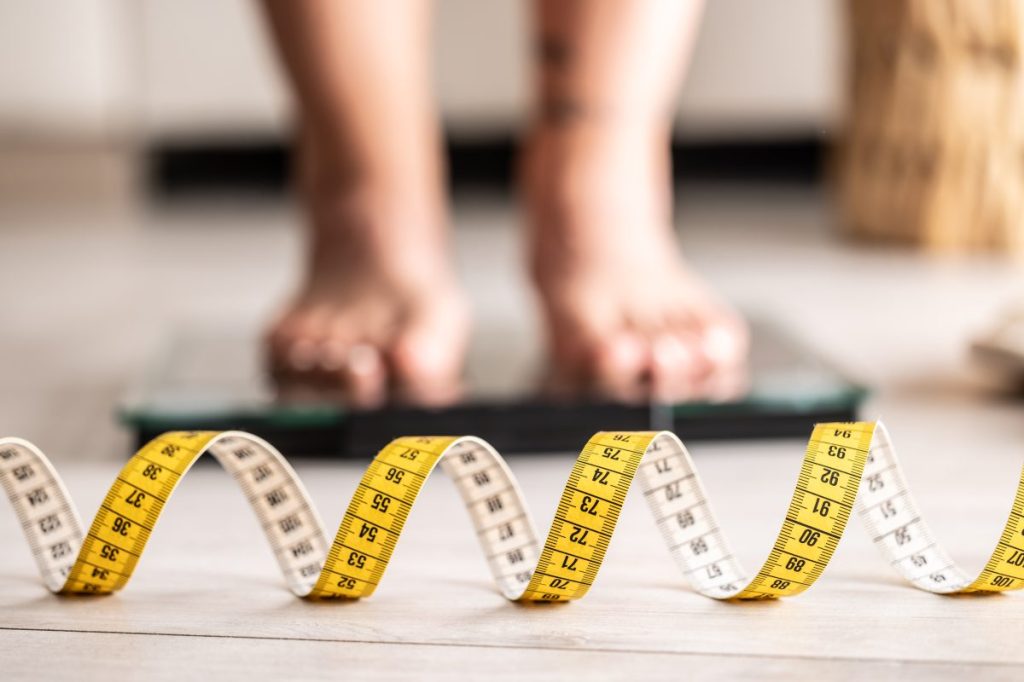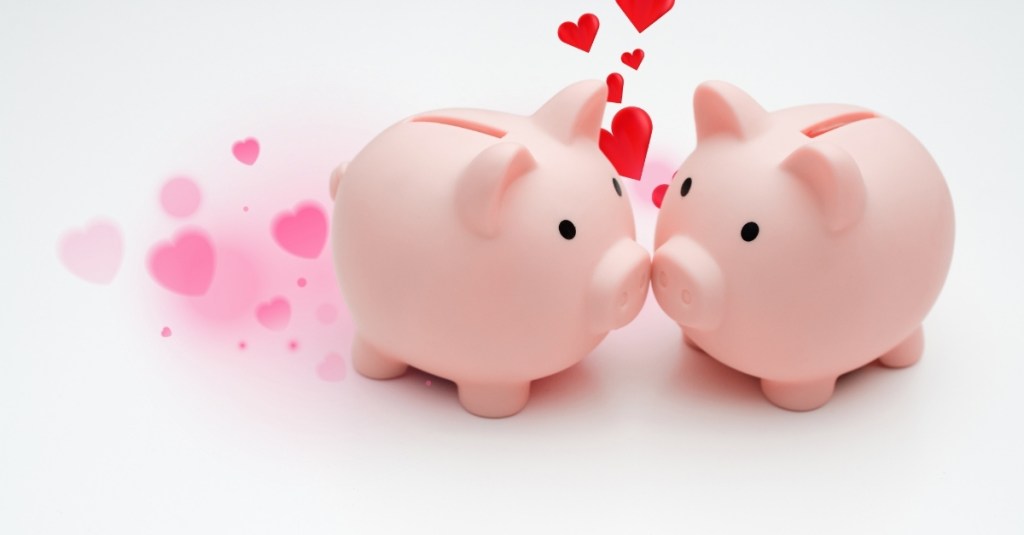First dates can be costly in a variety of ways. For one, you’re gifting your precious time and energy to one another. And, of course, there’s the financial burden, which oftentimes falls on the man in heterosexual dating.
In my opinion, first dates shouldn’t have to break the bank. A simple coffee date or drinks should suffice in most cases. Expecting someone else to wine and dine you before you even develop a base-level connection seems like overkill.
Videos by VICE
However, many people feel the pressure to splurge on luxurious first dates to woo the other person. If this is you, you might want to keep reading…
Here’s how to set up more affordable first dates.
Follow the 5% rule
When it comes to first dates, personal finance expert Fred Harrington from SaveMyCent, a Brooklyn-based digital savings platform, recommends following the “5% rule.”
“No more than 5% of your monthly disposable income should go toward a first date,” he said. “This keeps you within a comfortable range that won’t impact your essential expenses or savings goals.”
Remember: this is disposable income, which is the money you have left over after you deduct taxes, pay your bills, etc. If you’re spending more than 5% on first dates, that can add up quickly—especially if you have multiple in a month.
While it might feel like you’re being cheap, this rule actually proves you’re being intentional with your spending.
“Smart money management is attractive—it shows you’re thinking long-term, which is exactly what you want in a potential partner,” Harrington said.
Don’t use money as a way to impress your date
Most people want to make a good impression on a first date. However, you shouldn’t try to do this by overspending.
“I see people dropping $150+ on first dates, thinking it shows they’re serious or successful,” Harrington said. “But this creates unsustainable expectations and can actually backfire.”
Not to mention, this can naturally lead to some resentment toward dating if the person isn’t finding much success. They might start feeling bitter for spending all this money only to fall short of building genuine relationships.
Additionally, overspending can attract the wrong kind of person—someone who values money over an actual connection. Of course, it’s totally valid to want a partner who is ambitious and successful, but if someone is judging you for not spending more than you can afford on a first date, they’re probably not someone you want to get involved with anyway.
“Dating shouldn’t derail your financial goals, but it also shouldn’t feel like you’re being cheap,” Harrington pointed out. “The key is finding that sweet spot where you can enjoy yourself without the post-date money stress. I’ve seen too many people rack up credit card debt trying to impress someone they barely know, which creates pressure that has nothing to do with actual compatibility.”
Focus on what matters most
Many daters try to be someone they’re not to impress the other person. However, it’s far more important to be kind and considerate than to splurge on a fancy dinner. Focus on building a genuine connection, not impressing the person.
“What really matters is showing thoughtfulness, not your bank account balance,” Harrington said. “Some of my most successful clients in relationships are those who learned early on that financial compatibility starts with honest spending habits. If someone judges you negatively for suggesting a reasonably priced first date, that’s valuable information about their priorities and whether they align with yours.”
More
From VICE
-

De'Longhi Dedica Duo – Credit: De'Longhi -

We Are/Getty Images -

Photo by tang90246 via Getty Images -

Credit: SimpleImages via Getty Images
